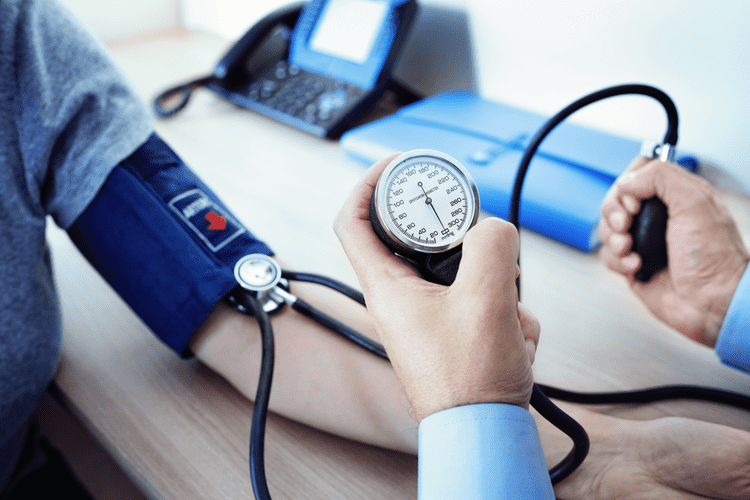Among individuals struggling with chronic alcoholism, nerve damage, also known as neuropathy, is the most common harmful effect. In the United States, it’s estimated that between 25% and 66% of chronic alcohol users suffer from some form of nerve damage. However, the exact number in the general population is still unknown. This is used alcohol neuropathy stages in studies to measure alcohol abuse and alcohol dependence. It’s calculated by measuring the daily alcohol consumption multiplied by 365 and by the number of years of abuse. Currently, it’s the best-validated risk factor for the development of alcohol-related peripheral neuropathy.
How Common is Alcoholic Neuropathy (Alcohol-related Nerve Damage)?
Dr. Moawad regularly writes and edits health and career content for medical books and publications. Having a healthcare professional come to your house to assist with your needs can relieve a lot of added stress on you to keep track of your treatment plan alone. Nerve damage typically affects the axons, which are the projections that send electrical signals from one nerve to another. It also impacts the myelin, which is the fatty coating that protects the nerves. Heidi Moawad is a neurologist and expert in the field of brain health and neurological disorders.
Get help for alcoholism now
Beyond the numbness, tingling, and debilitating pain, it often accompanies sudden alcohol intolerance, rendering what was once a social indulgence into an unbearable trigger for worsening symptoms. Referrals to psychiatrists, enrollment in alcohol abstinence programs, and involvement in support groups have all been shown to help people recover from their alcohol misuse. Physical and occupational therapies can also be helpful as the https://trinitiwhiteline.com/2022/06/13/xanax-alprazolam-anxiety-uses-side-effects-dosage/ person regains their ability to move and do everyday tasks.
Activator and effector caspases, defining components of programmed cell death signalling pathways, also contribute to pain-related behaviour in animals with small fibre peripheral neuropathies. The death receptor ligand, tumour necrosis factor α, and its downstream second messenger, ceramide, also produce pain-related behaviour via this mechanism. This suggests that these pathways are potential targets for novel pharmacological agents for the treatment of inflammatory as well as neuropathic pain 71. Understanding the concept of the dry drunk is crucial when examining the duration of alcoholic neuropathy.
Alcoholism and Nerve Damage: The Takeaways
Under the guidance of a healthcare professional, patients may integrate pain management, healthy diet, physical therapy and exercise into their treatment plan. Additionally, engaging in stress reduction techniques such as meditation or yoga may help improve overall health and wellness. It may sound backward, but the person may feel that they function better when they are intoxicated. This is because they only feel the negative effects of alcohol when they stop drinking.
History and Physical
Each condition needs to be considered and appropriately tested for to identify the root cause of the symptoms. Join our supportive sober community where each day becomes a step towards personal growth and lasting positive change. The most important thing you can do to treat alcohol-related neuropathy is to stop consuming alcohol. Symptoms that occur in the arms and legs typically affect both sides. When these factors combine, the nervous system begins to deteriorate, leading to progressive neuropathy if left untreated.
- Studies showed a strong relationship between a parental history of alcoholism and the development of neuropathy.
- As the stage progresses, the disease takes hold and develops into middle-stage alcoholism.
- Research shows that most patients with alcoholic neuropathy displayed poor sensory features, numbness, and impaired sensation of vibrations.
They will educate you on ABC Medication, breathing technique and nutrition. It’s also important to set realistic expectations and to understand that nerve damage is permanent and irreversible. Symptoms of chronic pain can be treated using gabapentin or amitriptyline with other over-the-counter pain medications. At Virtue Recovery Center, we’re here to help you every step of the way. Our dedicated team of professionals is committed to providing the compassionate care and expert guidance you need to start your journey to recovery.


Symptoms may include numbness and tingling in the limbs, muscle weakness, and loss of mobility. Alcoholic neuropathy is one of the most common but least recognizable consequences of heavy alcohol use. People with a long history of alcohol misuse might experience pain, tingling, weakness, numbness, or loss of balance as a result of alcoholic neuropathy.
- Their wounds can be prone to bleeding and infections, which will impair their daily activities.
- But with the proper resources to help, you are better set up for success with sobriety.
- Visit the following websites to learn about The Recovery Village’s network of rehabilitation facilities.
- When speaking with a doctor, a person should be honest about how much alcohol they consume.
- She has over a decade of direct patient care experience working as a registered nurse specializing in neurotrauma, stroke, and the emergency room.
But for a person who drinks heavily, the body adapts the majority of the time. This can make it more marijuana addiction difficult to show the effects of intoxication. Eventually, their tissue cells may become dependent on alcohol to function normally.
Research directions
In agreement with this, one recent study has confirmed the efficacy of TCAs in central pain 116. The serotonin/norepinephrine re-uptake inhibitors (SNRIs), duloxetine and venlafaxine, have a well-documented efficacy in painful polyneuropathy 117, 118. SSRIs have been studied in a few trials which have demonstrated a weak analgesic effect but the clinical relevance of these compounds is questionable 119.





